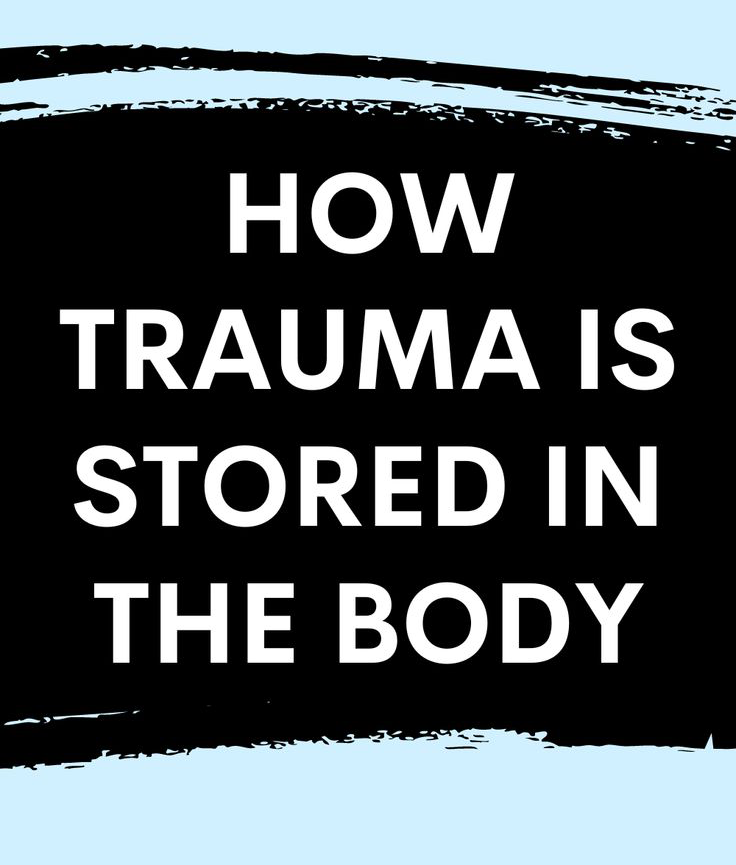The Hidden World of Trauma: What You Need to Know Now
Trauma refers to a deeply distressing or disturbing experience that overwhelms an individual’s ability to cope. It can leave lasting emotional, psychological, and physical effects, shaping how one navigates life.
Types of Trauma
Trauma manifests in various forms, each with unique characteristics:
Acute Trauma: A single, isolated event, such as a car accident or natural disaster.
Chronic Trauma: Repeated exposure to distressing events, like ongoing abuse or neglect.
Complex Trauma: Multiple, varied traumatic experiences, often occurring in childhood or within relationships, leading to compounded effects.
Examples of Trauma
Trauma can stem from numerous sources, including:
Childhood abuse or neglect
Domestic or community violence
Accidents or medical emergencies
Family dysfunction or loss
Relationship betrayals or breakups
Grief and bereavement
Natural disasters or crises
No matter the source, all forms of trauma are significant and deserve attention.
Impacts of Trauma
Trauma affects mental, emotional, and physical well-being, often in ways that are not immediately obvious. Common effects include:
Emotional and Psychological Impacts:
Hypervigilance and heightened anxiety
Difficulty trusting others, impacting communication and intimacy
A persistent need for external validation
Feelings of guilt, shame, or fear
Challenges in expressing or regulating emotions
Physical Impacts: Trauma is often stored in the body, manifesting as:
Chronic pain, headaches, or muscle tension
Digestive issues or gut discomfort
Panic attacks or anxiety symptoms
Chest pain or heart palpitations
Sleep disturbances, such as insomnia
Hormonal imbalances affecting overall health
The Overlooked Physical Toll of Trauma
While emotional effects are often discussed, the physical consequences of trauma are equally critical. Unresolved trauma can disrupt the nervous and digestive systems, leading to chronic health issues. These physical symptoms are the body’s way of signaling unprocessed pain and stress.
Healing from Trauma
Healing is possible with the right support. Seeking professional help, such as therapy or counseling, can guide you through processing trauma and rebuilding resilience. Modalities like cognitive-behavioral therapy (CBT), somatic therapy, or trauma-focused approaches can address both emotional and physical symptoms.
Take Action Today
No matter the type or severity of your trauma, acknowledging it is the first step toward healing. Reach out to a licensed professional to begin your journey to recovery and reclaim a sense of peace and balance.
For more information or to find a therapist, contact a local mental health provider.
If you found this article inspiring, please share your thoughts in the comments section below.
To submit an article for publication, please email your contribution to info@copeandlive.foundation. Submissions may be edited prior to publishing. Include your full name as you wish it to appear and any relevant qualifications or citations.
About the Writer:
Mrs Uzoamaka Nwachukwu is the Co-Founder of Cope and Live Mental Health Awareness Foundation. She is a highly qualified professional with expertise as a Trained Child Psychologist, Microbiologist, Grief & Bereavement Counsellor, Depression Counsellor, Emotional Intelligence Life Coach, EMDR and CBT Life Coach, and Mental Health First Aider. Her love for children, passion and knowledge make her a leading voice in mental health advocacy.
If things are getting out of hand, please call us on +234 814 831 8965 or send us an Email at: info@copeandlive.foundation for tailored guidance.
